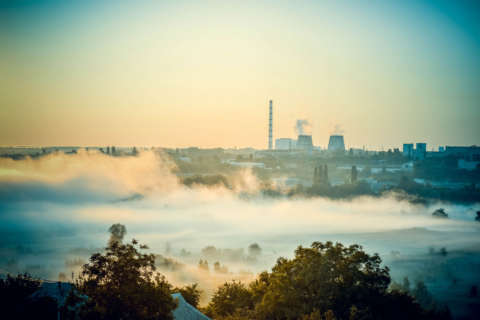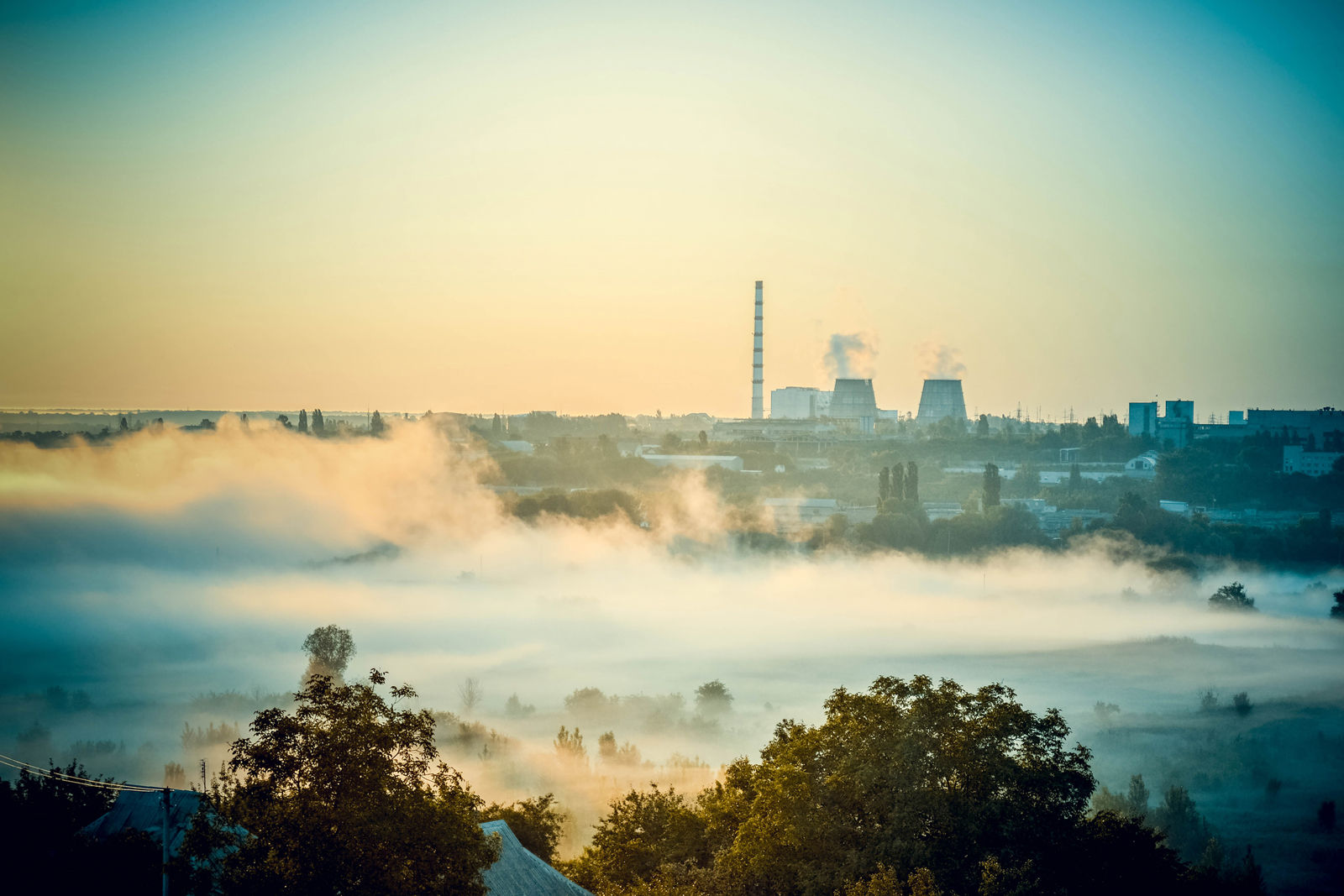
WASHINGTON — For years, scientists have been projecting just how earth will be affected by climate change, but a new web app is designed to make those predictions clearer.
The interactive web application from the University of Maryland Center for Environmental Science allows users to click on a city, and they’ll get data telling them what conditions are likely to be in 2080.
Matt Fitzpatrick, an associate professor at UMCES and the co-author of the study, said if climate policies remain unchanged, the average urban resident will live in conditions that are similar to a city 500 miles to their south.
For example, a click on Washington, D.C., will show that by 2080, the climate will be like that of Greenwood, Mississippi, where a summer day is typically 6.4 degrees warmer and slightly drier than summer in the District.
Similarly, a tap on Los Angeles shows that by 2080, the climate will be closer to that of Las Palmas, Mexico, where the winter is 79.6 drier than in L.A.
Fitzpatrick said creating the app and letting people see the results is more powerful than writing in a style that uses technical terms.
He said scientists often refer to the “mean global temperature increasing 5 degrees Fahrenheit by 2050. Those sorts of descriptive ways of talking about climate change don’t really resonate very well, even with me, and I work with these data all the time.”
The app includes two ways of looking at future climates: one assuming we do nothing to cut greenhouse gases, another assuming that measures such as those in the Paris Accords are adopted.
“So, the app clearly shows what these two different pathways mean in terms of climate change, and that policy action can have a real effect,” he said.
Transportation is one of the largest contributors to greenhouse gas emissions, Fitzpatrick said. “So, anything we can do to reduce emissions in that sector would be beneficial.”
Fitzpatrick added that one of the takeaways from the study is that reducing emissions really can have an effect.
“All of us contribute to the problem in some way, so I think we can all contribute to a solution,” he said.
“I think it’s important that we don’t throw our hands up in the air and say there’s nothing we can do because this is a solvable problem,” Fitzpatrick said. “We just have to commit to it and have policies in place that benefit us when we do make these changes.”
Check out the interactive app here, and see the full study here.






